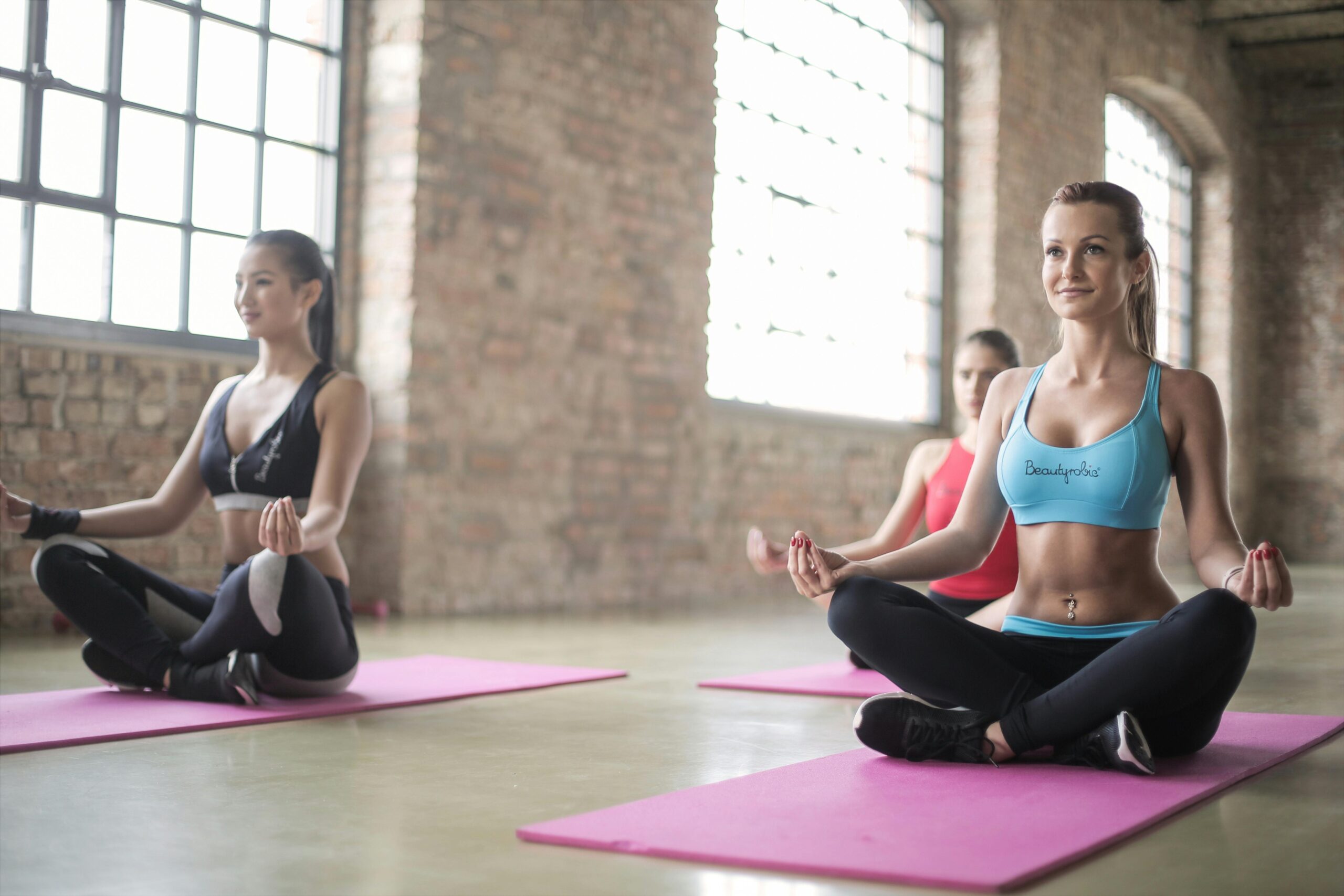1. Choose Low-Impact Exercises
- Why it helps: Low-impact exercises, such as walking, swimming, and cycling, are gentle on the eyes and won’t raise intraocular pressure (IOP), which is important for people with CSR.
- Action: Incorporate activities like yoga, Pilates, or light strength training to stay active without straining your eyes.
2. Practice Proper Breathing Techniques
- Why it helps: Holding your breath or using the Valsalva maneuver during intense exercise can increase pressure in the eyes, potentially worsening CSR symptoms.
- Action: Focus on exhaling during exertion and using steady, controlled breaths to minimize pressure on the eyes during workouts.
3. Stay Hydrated
- Why it helps: Dehydration can lead to dry eyes and fatigue, which can worsen eye strain and discomfort for CSR patients.
- Action: Drink plenty of water before, during, and after exercise to keep your body and eyes hydrated.
4. Limit High-Intensity Training
- Why it helps: High-intensity exercises, like heavy weightlifting or HIIT, can temporarily increase eye pressure, which may aggravate CSR.
- Action: Opt for moderate-intensity exercises, such as brisk walking or resistance band workouts, to stay fit while protecting your eyes.
5. Use Proper Eye Protection Outdoors
- Why it helps: UV rays can cause additional strain on the eyes, especially for people with CSR. Protecting your eyes while outdoors reduces the risk of exacerbating symptoms.
- Action: Wear sunglasses that block 100% of UVA and UVB rays during outdoor activities to protect your vision.
6. Avoid Overtraining
- Why it helps: Overtraining can elevate stress and cortisol levels, which are linked to CSR flare-ups. Regular intense exercise can also increase the risk of eye strain.
- Action: Build rest days into your exercise routine to allow your body to recover and reduce stress levels, preventing CSR symptoms from worsening.
7. Listen to Your Body
- Why it helps: Everyone’s body reacts differently to exercise, especially if you have CSR. Paying attention to how your eyes feel during and after exercise can help you avoid overexertion.
- Action: If you notice any discomfort, eye strain, or worsening vision during workouts, reduce the intensity or consult your doctor to adjust your exercise plan.
By following these tips, you can maintain an active lifestyle while managing CSR, staying fit without risking flare-ups or worsening symptoms.



